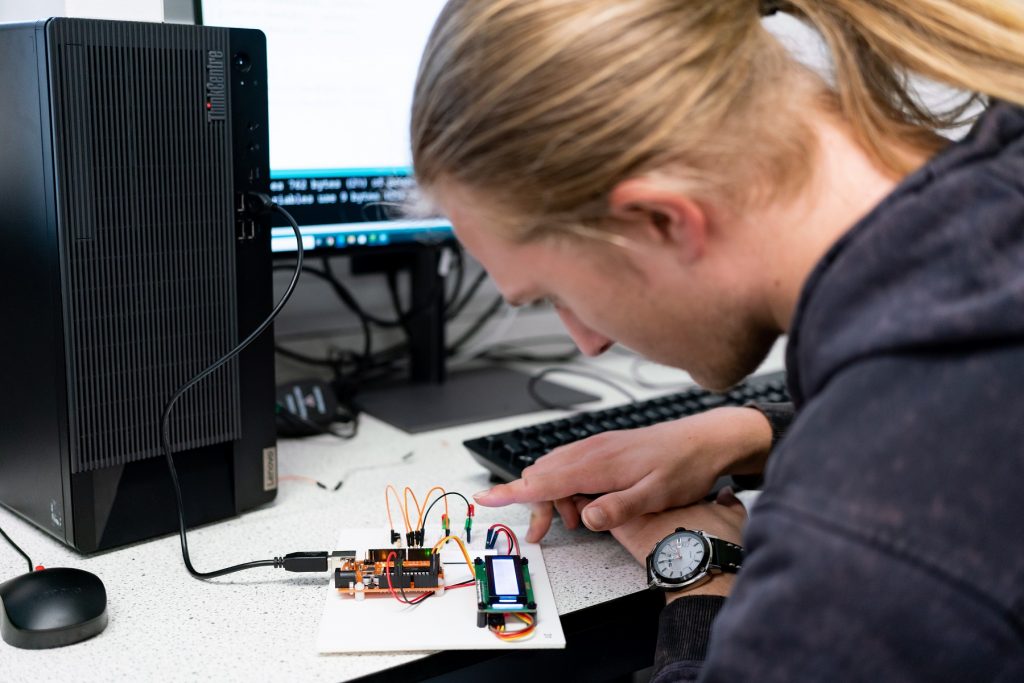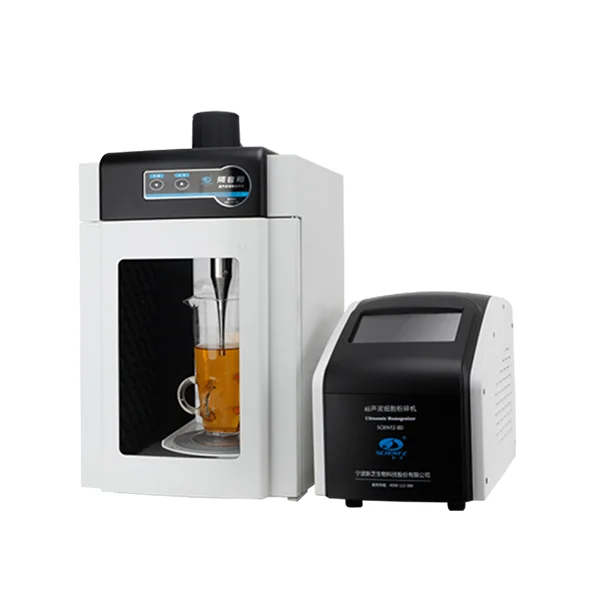
In the digital age, computers have become an integral part of our lives. We rely on them for communication, work, entertainment, and much more. But have you ever wondered if a computer can exist without electronics? In this blog post, we will explore the possibility of non-electronic computers, delving into alternative technologies and their potential applications.
- Mechanical Computers:
While electronic computers dominate the market, mechanical computers have a rich history. These devices use mechanical components, such as gears, levers, and switches, to perform calculations. One notable example is Charles Babbage's Analytical Engine, designed in the 19th century. Although never fully realized, it laid the foundation for modern computing. Mechanical computers offer advantages like durability, resistance to electromagnetic interference, and potentially lower power consumption. - Optical Computers:
Optical computing harnesses light particles (photons) instead of electrons to process and transmit information. By utilizing the properties of light, such as speed and parallelism, optical computers have the potential to outperform their electronic counterparts. Researchers are exploring technologies like photonic integrated circuits and optical logic gates to develop optical computing systems. These advancements could revolutionize fields like data processing, cryptography, and artificial intelligence. - Quantum Computers:
Quantum computers utilize the principles of quantum mechanics to perform computations. Unlike classical computers that use bits (0s and 1s), quantum computers use quantum bits or qubits, which can exist in multiple states simultaneously. This enables quantum computers to solve complex problems exponentially faster than classical computers. While still in the early stages of development, quantum computers hold immense promise for fields like cryptography, optimization, and drug discovery. - DNA Computing:
DNA computing is an emerging field that explores the potential of using DNA molecules to store and process information. DNA's inherent ability to store vast amounts of data and perform parallel operations makes it an intriguing alternative to electronic computers. Researchers have successfully demonstrated simple computations using DNA molecules, paving the way for potential applications in areas such as data storage, bioinformatics, and molecular programming.
Conclusion:
The notion of a non-electronic computer challenges our traditional understanding of computing. Mechanical, optical, quantum, and DNA-based computing offer exciting possibilities for the future. While these technologies are still evolving, they hold the potential to revolutionize various industries and solve complex problems. As we continue to push the boundaries of innovation, it is essential to explore unconventional avenues to shape the future of computing.


